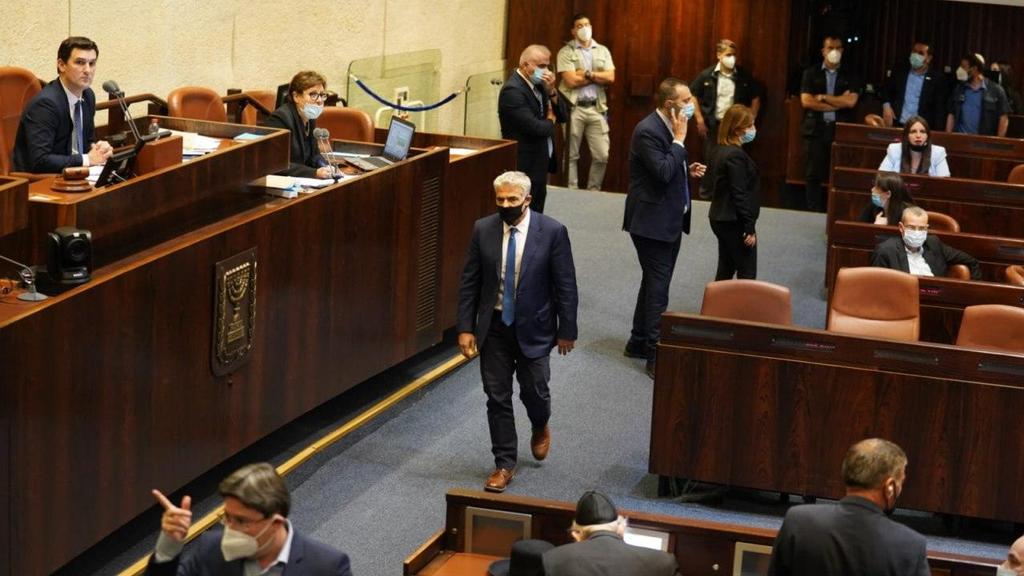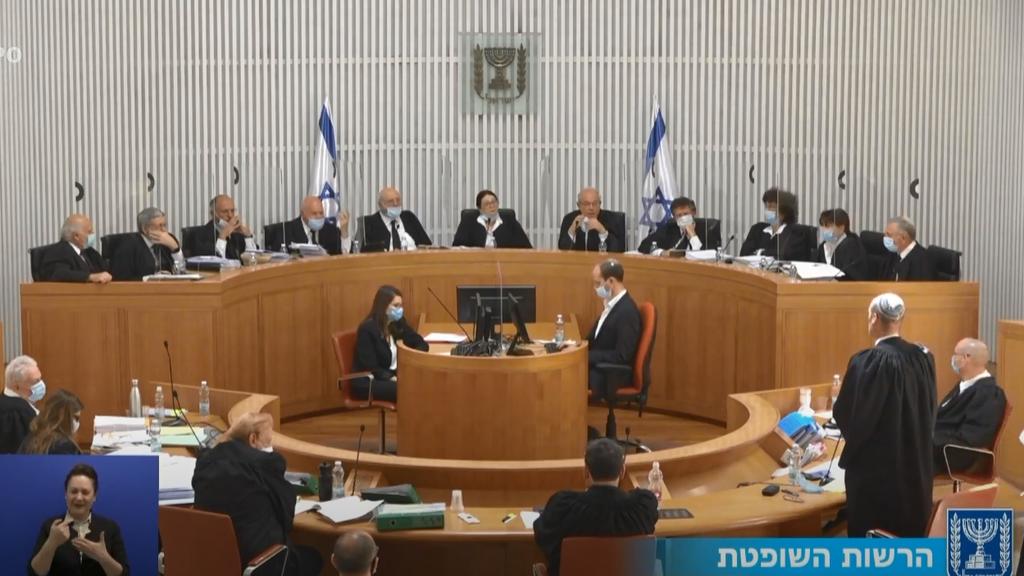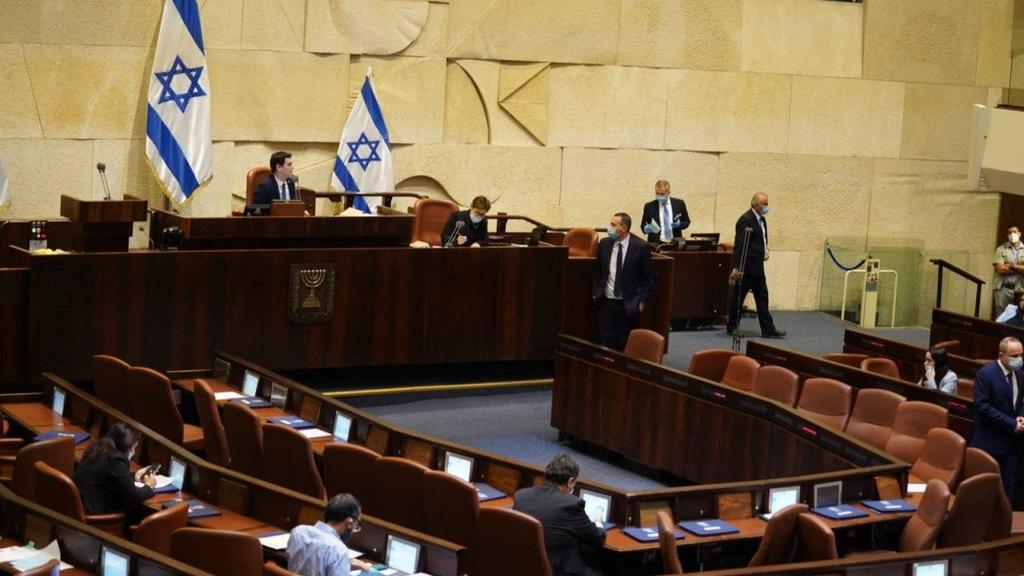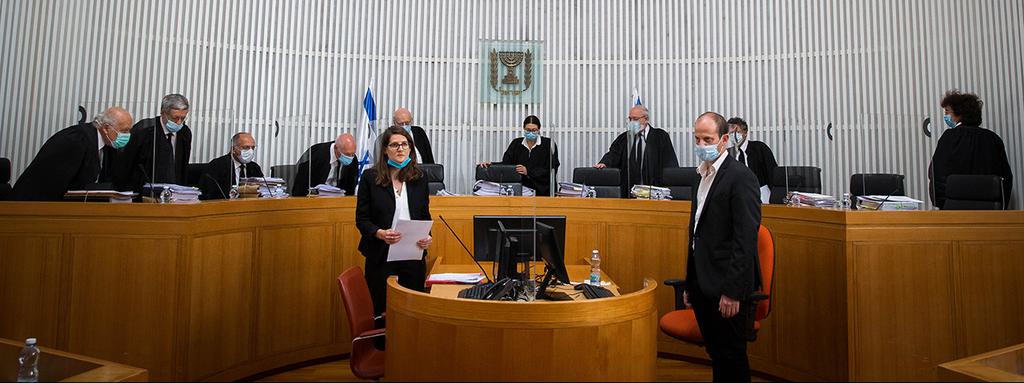Getting your Trinity Audio player ready...
Once upon a time, way back when we could eat in fancy restaurants, we could see straight into the kitchen and sometimes even catch a glimpse of a gourmet meal being prepared, right before it plopped on our plates.
When reports emerged of abuse of children in kindergartens and the elderly in nursing homes, the use of cameras to monitor caregivers became commonplace, so that parents or family members could ease their concerns over the treatment of their loved ones.
And now, the High Court is also following the lead. No more a pristine ivory tower or a shadowy council - the courtroom has changed into a live studio for discussions that are no more than a click away for fans of the genre called "legislation."
How many people really sat through a gauntlet of exhausting arguments over Prime Minister Benjamin Netanyahu's ability to form a new government while under criminal indictment, or over details of the coalition deal between Likud and Blue & White?
It is safe to assume the High Court did not present a competition to Israel’s highest-rated television shows.
And yet, the decision to broadcast these deliberations on live television, is a step towards building trust in the judicial system.
In an age rife with conspiracy theories, fake news, and mistrust of the elites - the move was critical and should have come even sooner.
The people and courts both stand to gain from the decision to allow live streaming from the High Court and the public's praise was evident in the days leading up to the proceedings.
The leadership crisis Israel has been experiencing is not unique, it can be found in other countries, and reforming access to information can play an important role in its mitigation.
We are accustomed to knowing everything as it happens, to be flooded with information from both reliable and less than reliable sources, all the while forfeiting our own privacy.
Transparency is not a luxury, it is a basic requirement considering the circumstances we all currently live in. The President’s Residence figured this out during the first election round, back then they opened the consultations with President Reuven Rivlin to live broadcast.
It was done, among other reasons, in order to alleviate the concerns regarding the difficult relationship between President Reuven Rivlin and Netanyahu.
All it took was a live feed, and all the hot air poured out of the balloon of professional skeptics. No one thought the country would be dragged to three rounds of elections and the transparency would be all the more crucial given the political chaos.
This transparency is also found in the live transmissions on Knesset TV, which routinely broadcasts from the plenum and various committees and where we can see MKs at their best or worst moments.
And while it certainly provides us with entertainment, first and foremost, it serves the public - who wishes to know who it can trust.
The right thing to do going forward would be to open up as many forums as possible to public scrutiny, all the while adhering to privacy and security limitations.
There is no reason why we can’t see cabinet meetings instead of being given carefully worded statements.
The need for transparency was most felt during the coronavirus crisis when most of us had no idea what decisions being made were based on.
Maybe if transparency will be more prevalent in restaurant kitchens, the High Court, or the cabinet, we would be able to trust the county's institutions more.





